19 Nov Prep Guide for Writing a Book
“You do not have to consider yourself a writer to write your book.”
Google ‘how to write a book’ and in .85 seconds, you’ll have about 6,150,000,000 results. You do not have to consider yourself a writer to write your book. The people searching are also trying to figure out how to be a writer and write a book. If you can speak, you can write. If you have something you can teach, you can write. There will never be an end to the writing of books. In fact, authors in the US self-published over 1.6 million new books in 2018, showing that anyone can write and launch a book.
Ready to join the ranks and write the damn book? Here’s my step-by-step guide to show you how.
first things first. prep work.
The prep work will take a hot minute. But once it is done, you can re-purpose several of these pieces in future content. This prep work is an important first step to get clear on what you’re writing and why you’re writing it.
Write the why behind your book.
Why do YOU want to write a book? Is it a feeling that you know you need to? Does your book play out in your head all the time? Do you want to create a legacy, to shorten the learning curve for someone else? Maybe it’s in your business model to create resources.
When you write your dreams out, they become real. It’s out of your head and no longer running on the hamster wheel in your brain. When you write down that you’re going to do a book, it now has a job to do. It’s the first step to completion. Whatever the reason you’re going to write your book, I want you to write it down. Write it down and stick it where you’re going to see it every day.
Here’s an example of the WHY behind a book: I am writing my book because I am creating educational and how-to resources that help people get their book out of them and onto paper. As a bonus, I’m creating an additional income stream by helping people.
Write down your unique selling proposition.
A quick scan of my bookshelf reveals material in the following genres: business, leadership, writing, marketing, natural health, money, inspirational/self-help, and religion. Is there overlap? You betcha.
Why do I have multiple books in each genre? Because each book describes a different perspective. Each has been written differently, with different stories, tones, and action steps. They are still on my bookshelf because I learned something new from each one. Each author has their own way to communicate and I don’t want to be a protege of just one thought process.
So what do YOU bring to the table? How are you different than the next three/four/ten books on your subject within your industry? I have the system written down on each step of the process. I make things simple and easy to understand. I don’t cut corners to help women get their books done. I produce great products and help them get a quicker ROI.
Describe your ideal reader.
I don’t know about you, but this is not an easy task for me. It’s easy for me to tell you who I want them to be, but the reality and the expectation does not always mirror each other.
Because I’ve been doing what I do for so long, with a list of authors that I’ve come to know, I picture them as my ideal readers. I take my list of what I need to know about my ideal reader and fill it out for each author. The similarities between each author start to repeat themselves. The sum of those qualities makes my ideal reader. Once you find the similarities across your client base, this ‘person’ becomes your person. Your ideal reader.
When I’m writing for my ideal reader, I name and pull a stock image of ‘her.’ I’m a visual learner, so I need to see her as I create. I then print it out and make her my BFF through the writing process. You will become discouraged at some point in the writing process. When that happens, you need to remember who this book is for.
Why does your reader need your book? What are you going to do for her?
You have to be able to clearly identify why your reader needs your book. I know you can write down a paragraph about her life and what she is experiencing but I want you to get to the heart of it.
I heard the advice years ago that when you ask a question and receive the answer, ask “Why?” Continue to ask why until there is no other answer. This is when you get to the heart of a thing.
When you know the “Why,” you can easily identify how your book solves your ideal reader’s problem. Try to write this down in less than three sentences.
She needs my book because she doesn’t have time to figure out how to write her own book. She needs someone to just tell her how to do it so she can get it done. When she is done with my book, she will have a roadmap to writing it.
Write your synopsis.
This is the last piece of your prep: the synopsis. It’s a marketing piece, so put your marketer hat on.
This synopsis does not have to be perfect. It just needs to be done. Shoot for 350 words in your synopsis (more or less) and remember to speak directly to your ideal reader. Your very first sentence should be a bold statement: Make your ideal reader a promise.
Going back to what your book is going to do for your reader, write the first sentence. Make it 25 words or less.
Here are some examples from some of my favorite books:
This book contains money-making secrets that can change your life.
In this example, the author starts with a question (a very good one, I might add). They then answer the question directly after.
Why do wealthy people who lose their money, soon become wealthy again? … The answer isn’t in their friends, family or environment – it’s in their mind.
Building a platform has never been easier.
Here’s one keeping in line with my personal example:
This book puts the brakes on the excuse train and shows you how to write your damn book.
Next, you’re going to get into your ideal reader’s head.
You know their pain points. Speak directly to them. Make them feel that you know them. You are their trusted expert that knows where they are at and how to get them out of that space. This does not have to be perfect. This is for you, for now.
I know what it’s like to have a goal that you desperately want to reach but you don’t know how or where to start. You’ve googled but there is sooooo much information that you don’t know who to trust, or which way is best, or if any of the 572 ways will even help you get it done. You’ve got some google docs started, I mean to write a book means you have to write. But you’ve started and you don’t know how to organize it or if this is even going to be good enough. Who in God’s green earth is going to buy this? So you close your doc and get on to doing something else. Something that you don’t need to figure out.
Now we’re going to talk about your system.
And why you are the one to take them by the hand to get them from point A to point B.
Write the Damn Book has come from the author’s years in the publishing industry. She has led writing courses and mentored authors on getting that book from out of their head and onto paper. Couple your desire and drive to get your book done with the step by step system in this book, and you’ll have your book done. Just. Like. That.
this takes time.
Don’t rush the process. Once you have all the prep work done, you’re ready. Now let’s write the damn book.
Are you ready to get shit done and want on my waitlist for the next writers retreat?






